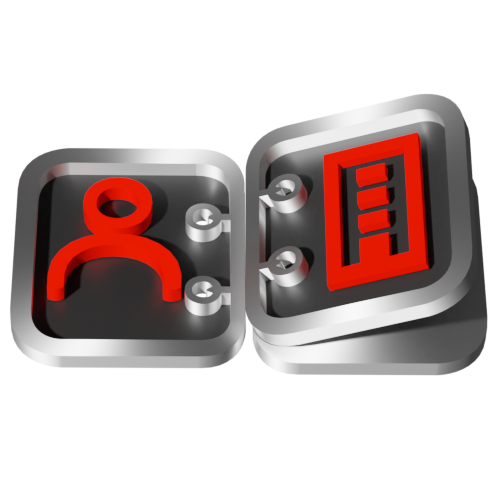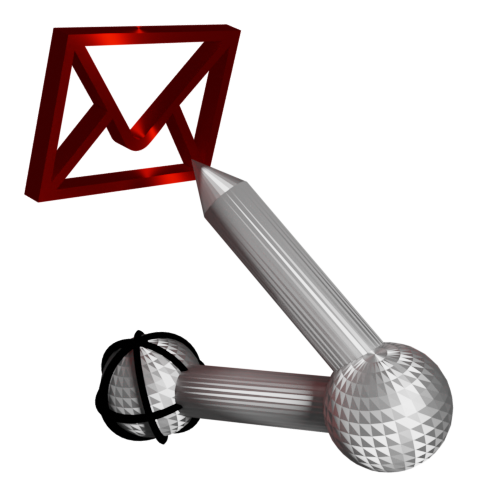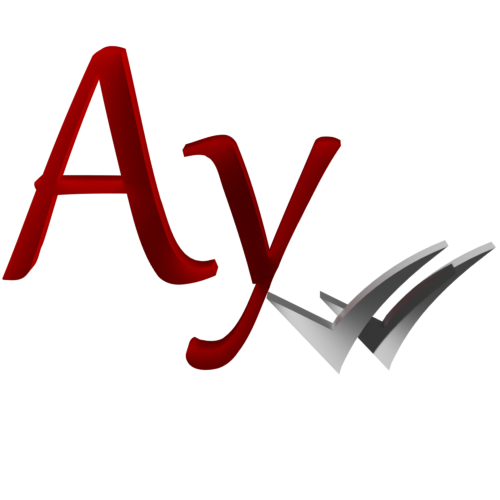AyMINE – Technical documentation
Modules
 Task, project & quality management
Task, project & quality management
Manager approval with the task report
Why some data can't be deleted
Adminitration of areas, projects, calendars
Region / project / methodology
Change management process in a project
GDPR and record of qualifications
Qualification of user or contact
Right to Manage Qualifications
Failure Analysis for an Individual Property of a Component or Process
FMEA – Probability of Detection
FMEA – Probability of Occurrence
 Task, project & quality management
Task, project & quality management
Administration of the Task Management Module
System rights for the task management module
Improvements and Preventive Measures
Methodology and Quality Management systems
What a methodology / QMS consists of
Problems, tickets and their management
Collaborative Resolution of Multiple Problems
Customer Service Response Generation
Incident and Quality Issue Management
Objects affected by the problem
Problems, Incidents, Helpdesk Tickets
Return project plan by baseline
Sample tasks and methodologies of the area
Effect of the task on the right to modify the attached object
The person responsible for the task
Working procedure – task definition
Objects related to the task pattern
 Contacts and directories module (CRM)
Contacts and directories module (CRM)
Order overview for customer groups
 Contacts and directories module (CRM)
Contacts and directories module (CRM)
System Permissions and CRM Module Settings
Send bulk messages in compliance with GDPR
How to correctly forget a person's details
Unsubscribe and set preferences
for bulk mail
 Web management and automation
Web management and automation
Receiving a message from the web
Human resources
Personalistics – User Permissions
Human Resources module security
Manage department / division data
Overview of Personnel Information for pracov# Employment Contract
Synchronizing staff and system users
 Products, assets and sales
Products, assets and sales
Received order for goods or services
Finance management
Metrics and Measurements
Technical Modules
Sabre plugin module
Enterprise Architect connector
Database link to Enterprise Architect database
Enterprise Architect connector
System Modules
 The AyMINE Framework Module
The AyMINE Framework Module
AyMINE — Tips for Mobile Usage
Configure how your system looks and works
Gestures and Keyboard Shortcuts
More about how the system works
Private notes and tags for objects
Overview of Modules and Record Types
Filtering in the list of records
 System Management
System Management
Additional functions with files
Copying and moving files between objects
Files (documents) linked to the object
Formatted texts in the application
Gateway settings for external messages
IMP gateway settings for email communication
Internet Call Gateway Settings
Message with the outside world
 Objects affected by the problem
Objects affected by the problem 
Problems are always about something. They can be projects, products, supplies, premises, or even employees or customers. It is important to be clear exactly where the problem needs to be fixed. Therefore, the objects involved are attached to the problem.
You attach an object to the problem, and that way it is known in the future that the problem was addressed and solved with that object – e.g. a product. This is often very important information, not only in the overview of solved problems, but especially directly at the object you have attached to the problem.
The problem may involve multiple objects, e.g. multiple products that need to be modified. You can therefore attach the same problem to all objects and have a perfect overview of all of them. In addition, you can add a note to each of them to indicate how the problem specifically affects them and that it has been resolved.
Where is the information about problems at the object?
For each object, give an overview of the problems solved in the activity overview along with other activities related to the object (e.g. meetings).
What is the purpose of attaching instructions?
Do you ever solve problems repeatedly? I'm sure there are some. Then it's a good idea to create a manual for your company so that next time you or someone else won't have to figure out how to solve the problem again. At the same time, it's also a good idea to find instructions for problems that have already been solved, while knowing which instructions are useful and which are not.
If you have used a tutorial or even created one based on a solution to a problem, attach it to the problem. It will be easier to know where it was used and easier to find next time.